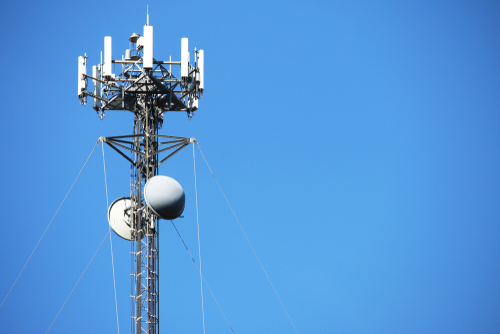
The U.S. House of Representatives approved legislation to protect public safety communications in the T-Band, used for mission-critical communications, and interoperable communications with other agencies.
The T-Band (470 MHz – 512 MHz) currently operates in 11 major metropolitan areas — Boston, New York City, Chicago, Dallas/Ft. Worth, Houston, Los Angeles, Miami, Washington, D.C., Philadelphia, Pittsburgh, and San Francisco/Oakland.
The future of T band was threatened by the Middle Class Tax Relief and Job Creation Act of 2012, which requires the Federal Communications Commission (FCC) to auction public safety T-Band (470-512 MHz) licenses by February 2021 and clear all public safety operations from the band within two years of auction close.
The loss of the T-Band would disrupt the operations of public safety agencies in these areas. Further, the U.S. Government Accountability Office (GAO) confirmed that it would cost public safety approximately $5.9 billion to move off the spectrum.
This new bill, called the Don’t Break Up the T-Band Act (H.R. 451), repeals this auction. It passed in the House by a vote of 410-5.
“Emergency personnel in major metropolitan areas across the United States use the T-band spectrum for emergency public safety communication. It allows first responders to communicate even when cell towers, electricity or the internet are down, and allows communication deep underground in tunnels or inside concrete buildings,” Rep. Eliot Engel (D-NY), the bill’s sponsor, said. “Agencies across the country have invested millions of local, state, and federal dollars in the T-Band networks. A study by the U.S. Government Accountability Office found that relocating T-Band users to other bands of spectrum would cost between $5 and $6 billion. For many T-Band users, alternative bands of spectrum are limited or ‘nonexistent.’
It now moves to the Senate for consideration.
“I thank the House for passing this important legislation to protect the T-Band,” Chief Gary Ludwig, president of the International Association of Fire Chiefs, said. “The T-Band has proved invaluable for public safety communications in times of crisis including after the 2013 Patriots Day bombing in Boston and now during the response to COVID-19. The 9/11 Commission report highlighted the importance of interoperable public safety communications. The cities’ large-scale investments in the T-Band to create interoperable communications systems must be protected.”




